Qinghai Tibetan Medicine Culture Museum
Qinghai Tibetan Medicine and Culture Museum was built in 2006, with a total construction area of 12,000 square meters. It is the only comprehensive museum reflecting Tibetan culture in the world. It is also the best example of opening up and national unity and progress in Qinghai Province.
In the 2008 Northwest China Tourism Marketing Conference and Tourism Equipment Exhibition, it was included in the "Magic Northwest 100 Sceneries" list.
In September 2018, the Qinghai Tibetan Medicine and Culture Museum was approved as the second-class national museum by the Chinese Museum Association.
architectural composition
The whole structure of Qinghai Tibetan Medicine and Culture Museum is divided into three layers. On the first and second floors, there are six exhibition halls, including Tibetan medical history, Mantang instruments, ancient books and documents, Tibetan medicine specimens, astronomical calendar, painted grand view, etc. On the second floor, there are Banzhida Tibetan Art Exhibition and Sales City. According to different exhibition contents, the exhibition halls have highlighted their characteristics and styles by means of environmental reproduction, Thangka sculpture, cultural relics display, high-tech simulation and other ways and means, which have demonstrated the profound and profound connotation of Chinese Tibetan medicine culture.
Significance
At present, there is no museum specializing in Tibetan medicine culture in the world. The Chinese Museum of Tibetan Medicine and Culture, which was completed in 2006 and opened on September 9 of that year, is the only comprehensive museum in the world to display Tibetan medicine and culture. Tibetan medicine culture has thousands of years of historical inheritance, rich literature, extensive content, unique in the field of world medicine culture. Due to the special geographical environment and human factors, some of its unique drug processing methods and experience, some precious cultural books, painting techniques are on the verge of extinction and loss. Tibetan Medicine Culture Museum has many functions, such as excavation, collection, protection, exhibition, research, teaching and popularization. Its establishment will play an immeasurable role in saving and protecting Tibetan Medicine Culture. It is really a great achievement in the present age and benefits for thousands of years.
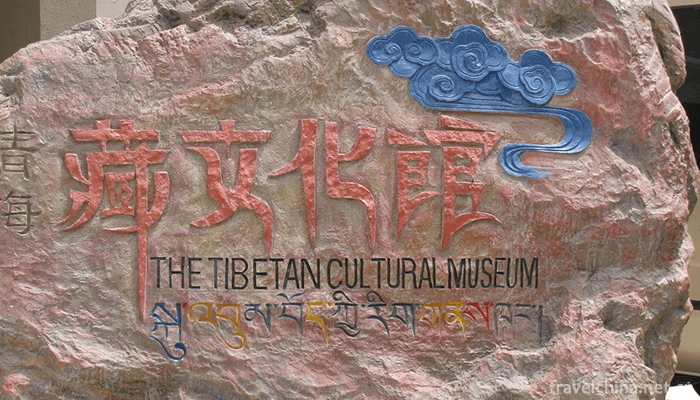
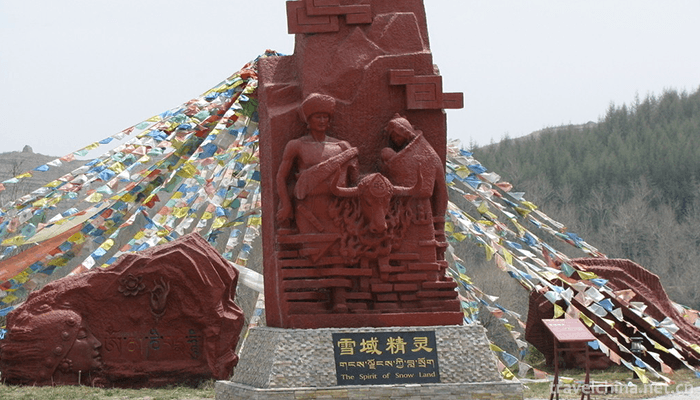
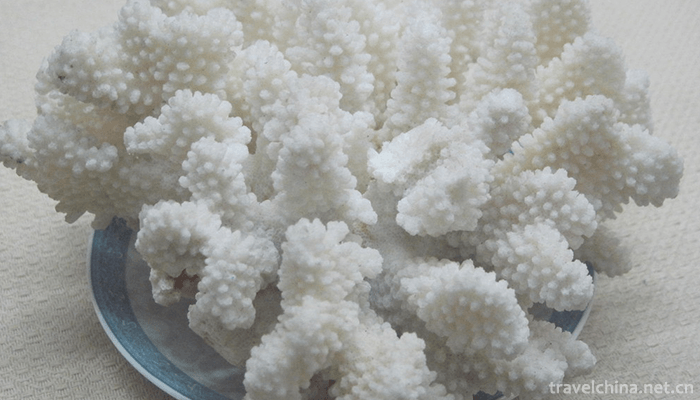
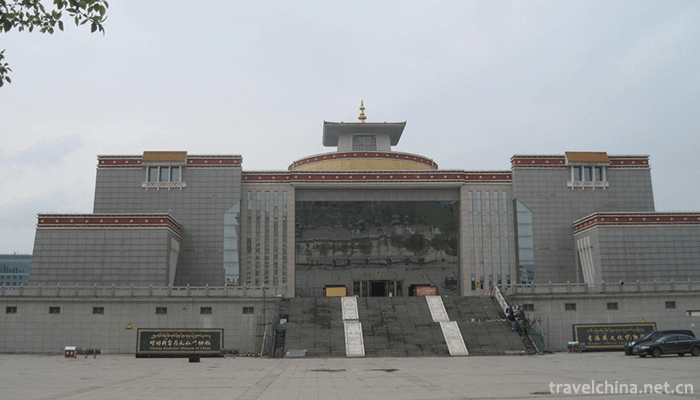
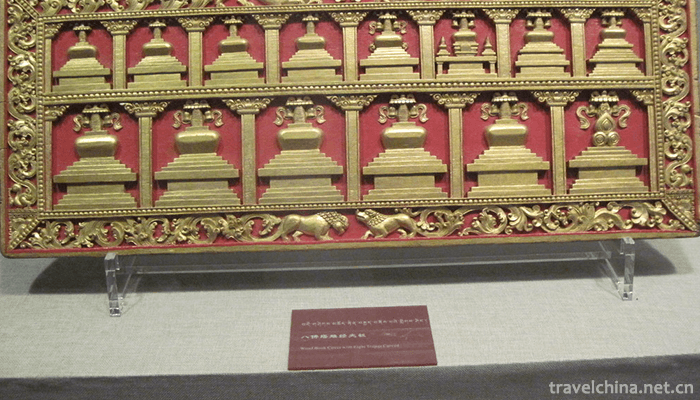
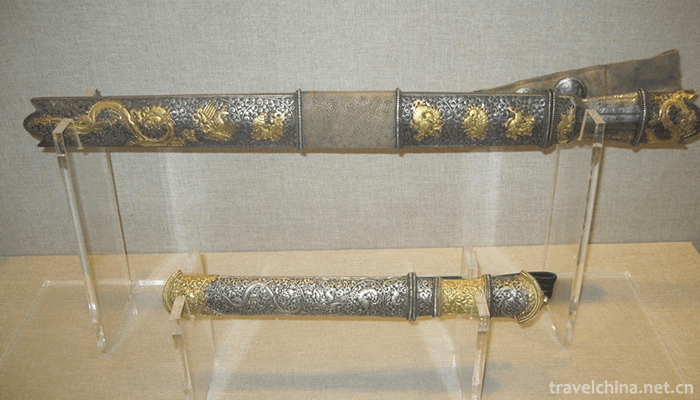
0 Questions
Ask a Question
Your email address will not be published.